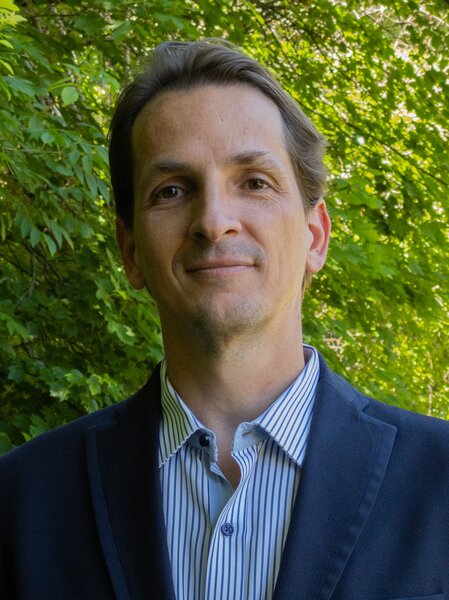7 September 2025
As Leather Working Group marks 20 years of operations, we caught up with World Wildlife Fund’s Senior Director of Beef and Leather Supply Chains Fernando Bellese to find out how “a mindset of continuous improvement” has changed the leather industry.

Looking back over the past 20 years of Leather Working Group, how have you seen the conversation around sustainability and impact reporting evolve?
“It has evolved a lot. When I started to get engaged with the leather sector, most discussions were focused on meeting legal requirements and there was very little information to assess company’s efforts in relation to their environmental performance. Often, the discussion was centred mostly on what tanneries were doing to treat their waste and comply with local laws. Now, we see that conversations around sustainability have evolved considerably. Leading companies have larger, better prepared teams looking at a more holistic approach to sustainability, thinking about efficiencies, responsible sourcing, cleaner production methods and how to improve practices not only at their own operations, but also throughout supply chains. The approaches shifted to adopting better practices rather than complying with minimum legal requirements.” |
In your opinion, how has Leather Working Group contributed to that conversation?
“Leather Working Group has played an important role in promoting some hard but very important discussions across the leather sector, helped tanneries to be more active in discussions that they were not used to, and promoted a continuous improvement mindset, which for me, is one of the most important changes in the sector. That mindset has removed companies from their comfort zone and instigated professionals to continuously look for improvements from an environmental perspective. On a not very distant past, most of the environmental innovation would come from legal pressure or from customers’ insistence. Now, it is interesting to see that a lot of the innovation resulting in better environmental practices are coming from the tanneries, through their continuous improvement mindset.” |
What inspired you or the organisation you were with at the time to get involved with Leather Working Group?
“We must be honest with this question… In the beginning, most of the leather processing companies would join the initiative due to pressure from customers. They would not clearly understand the benefits in joining it and had a lot of scepticism about and how it could support the sector. Now, many companies have understood it plays an important role in continuing to push for better socio-environmental practices and that those approaches are not only a good thing for the environment, but also for their businesses.” |
